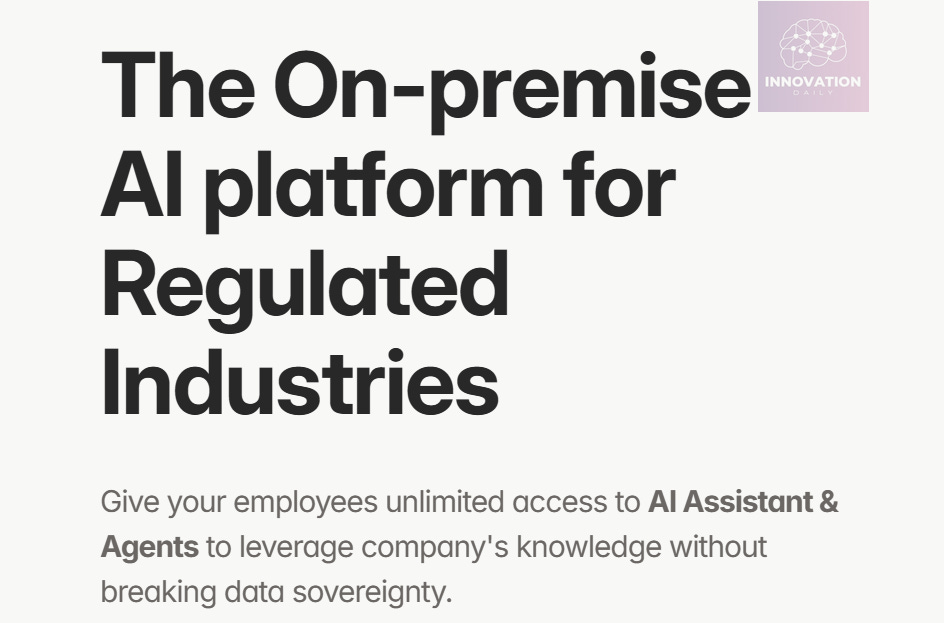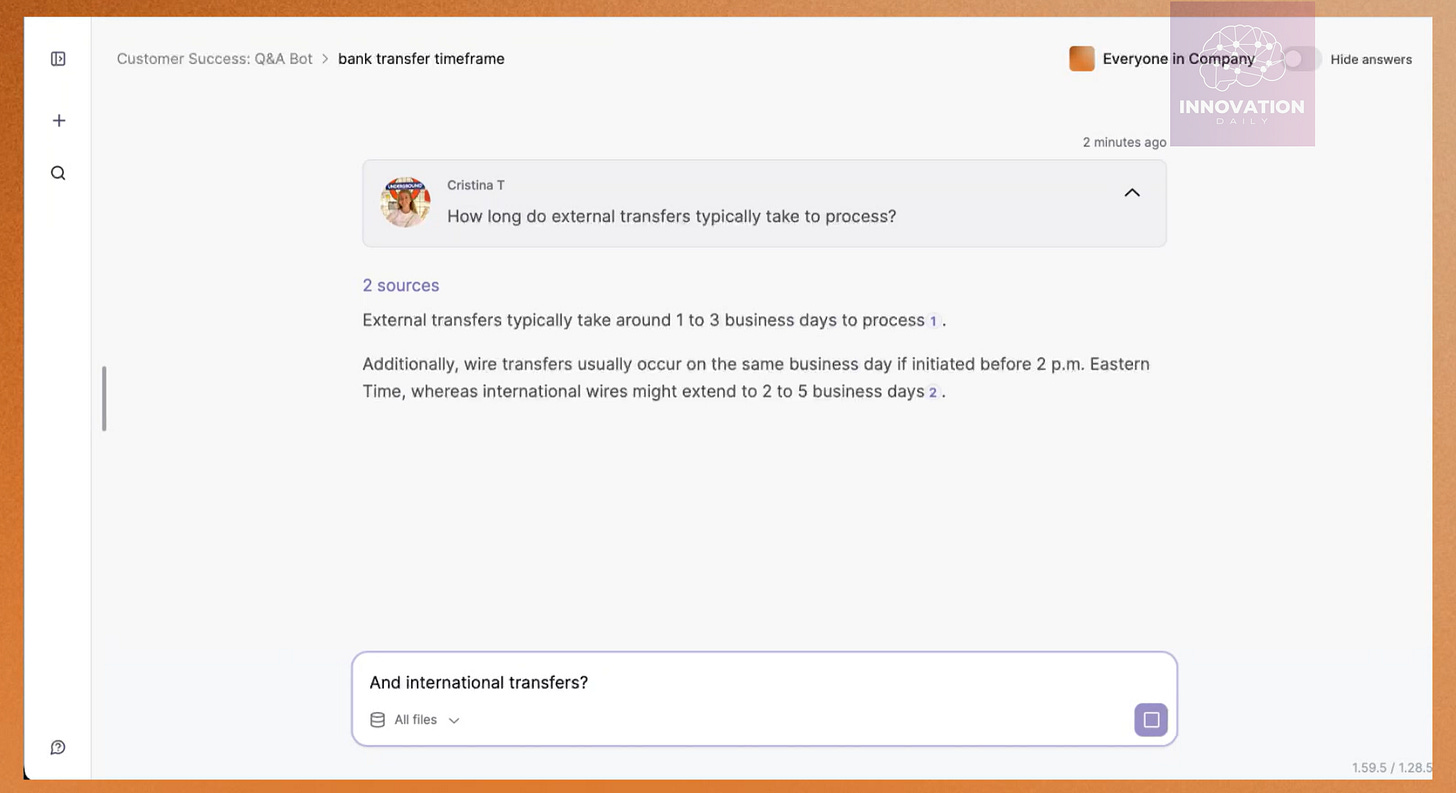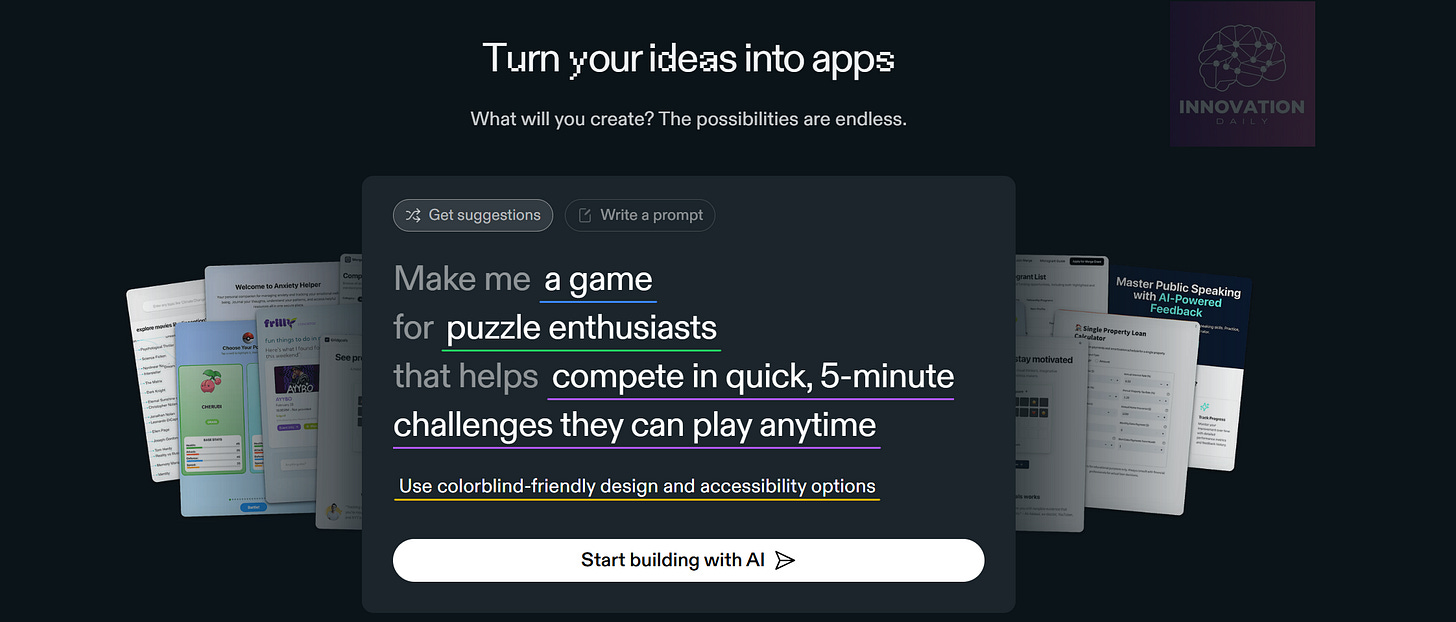When AI Stops Being Magic
Today's featured startup is building a privacy-first platform that makes artificial intelligence predictable, transparent, and usable for everyone — from office teams to regulated industries
Project overview
Zylon built a platform that helps companies put AI to daily use — without risking data leaks and without forcing employees to be tech experts.
“We focus on the audience AI product teams often forget,” says one of Zylon’s co-founders. “These are company employees who aren’t engineers but who can benefit from AI in their everyday work.”
The platform’s core promise is data privacy and security. The AI that powers Zylon can be deployed on-premise on a company’s own servers, so sensitive corporate data never has to leave the organization or be sent to third-party model providers. That setup reduces the risk that company data will be used to further train public LLMs or be exposed to other users of those models.
Technically, Zylon is built on the open-source PrivateGPT stack — the same team behind PrivateGPT are among Zylon’s founders. Zylon is designed as a multi-user, collaborative workspace: employees work alongside AI assistants and agents, share how they solve tasks, and learn from each other’s usage patterns.
Today Zylon targets companies — including regulated industries — that need strict control over their data while also giving non-technical staff simple, reliable AI tools. The startup was founded in 2023, the platform is currently in beta, and the company has raised around $3.2 million in funding.
What’s the gist?
The most interesting idea Zylon pushes is simple: AI shouldn’t feel like magic.
When AI is packaged as a “magic button” — press it and hope — the interaction is unpredictable. People tap the button, get an imperfect answer, press again, fiddle with prompts, and hope for the best. That workflow turns AI into something mysterious you either master or fear.
Zylon rejects that. Their argument: users should be able to tell the AI explicitly and clearly what they want without becoming prompt engineers. That means moving away from a single free-form chat box toward interfaces that guide the user — fields, toggles, buttons, and task-specific tiles (or “jobs to be done”) that make the desired outcome obvious.
This thinking aligns with what Replit founder Amjad Masad called the rise of “Just-in-time UI” — adaptive interfaces that adjust in real time to help users complete their tasks instead of forcing them to guess what to do next.
A predictable, step-wise process is usually better than a single magic step. If the AI lacks necessary data or cannot make a confident inference, it should say so. In many cases that transparency — an honest “I don’t know” — beats a confident but fabricated answer.
Zylon’s UI philosophy: remove the blank-page paralysis of a single text box. Instead, surface task-relevant controls so anyone can request the right result without learning the craft of prompting. The platform’s tiles correspond to concrete tasks; inside each tile there are controls rather than a chat, so the user devs a predictable flow and outcome without becoming a prompt engineer.
Key takeaways
Design for predictability, not mystery. Replace the “magic button” with task-oriented flows that lead users step by step to the needed output.
Make privacy a default. For companies that handle sensitive data (legal, health, finance, etc.), on-premise deployment and data governance aren’t optional — they’re product features.
Collaborative usage accelerates adoption. When employees can see how others use AI and copy effective flows, the whole company learns faster.
Just-in-time interfaces are promising. Adaptive UIs that surface the right controls at the right moment (a “just-in-time” UI) reduce errors and lower the skill needed to get good AI results. This is an early but exciting direction.
Pick the domain and wrap the tech. The underlying AI tech already exists; the hard part is choosing a clear use case (or a set of use cases) and packaging it in a simple, trustable UI that non-technical users will actually adopt.
Company Info
Zylon
Website: zylon.ai
Latest Round: $3.2M, 13.02.2024
Total Funding: $3.2M, across 1 round










